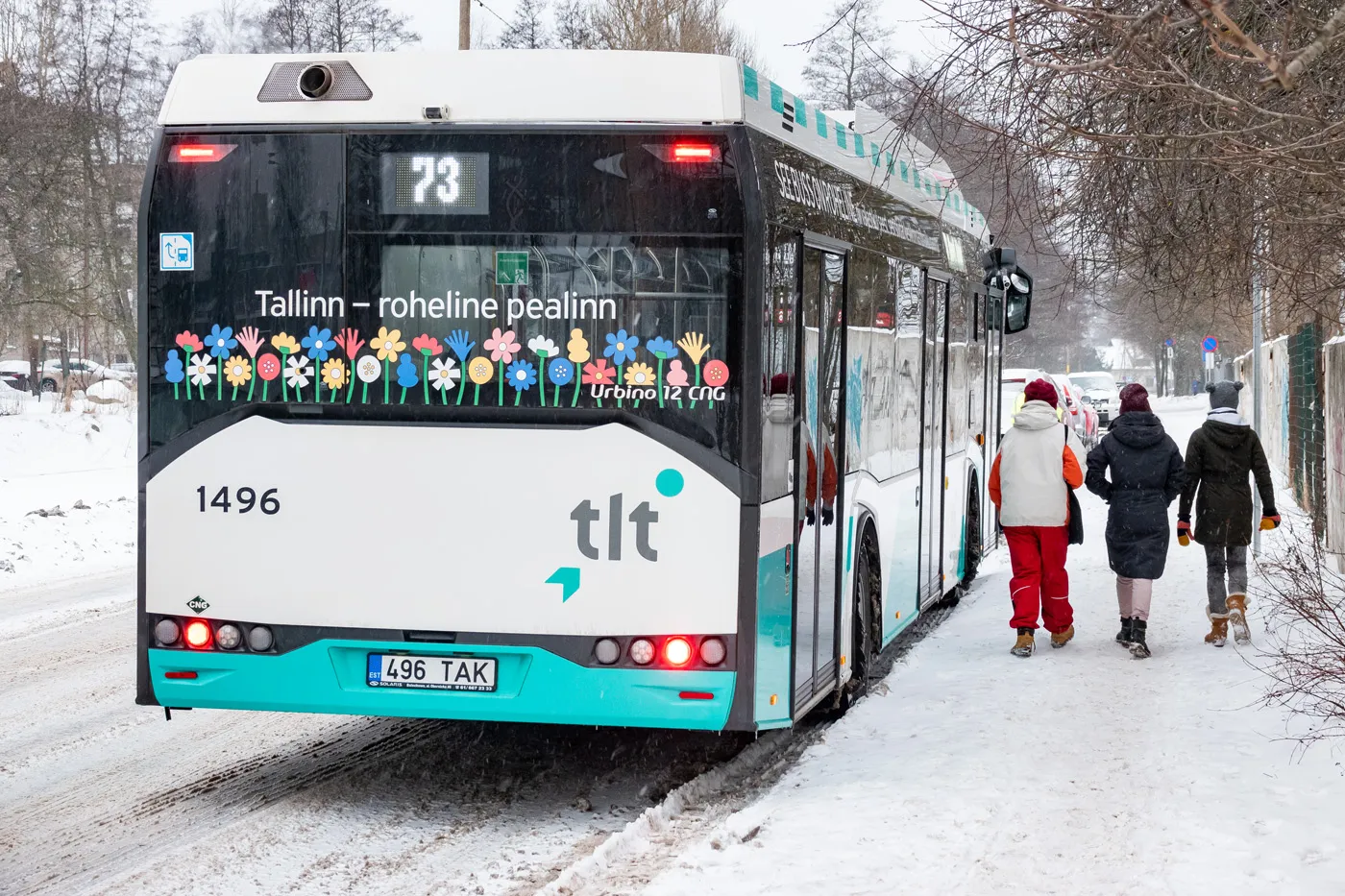PTV Group and TNO, The Netherlands Organisation for Applied Scientific Research, are to join forces to help cities resolve mobility, urban planning and environmental challenges, by combining PTV Visum and TNO Urban Strategy.
June 20, 2017
Read time: 1 min
The interaction between the two applications aims to provide the ability to test strategies and policies for congestion and air pollution prior to implementation to provide interactive planning support and transport modelling. According to TNO, it will enable cities to accelerate their transport and mobility mix applications, taking into account traffic, noise, air, safety, energy or costs.











